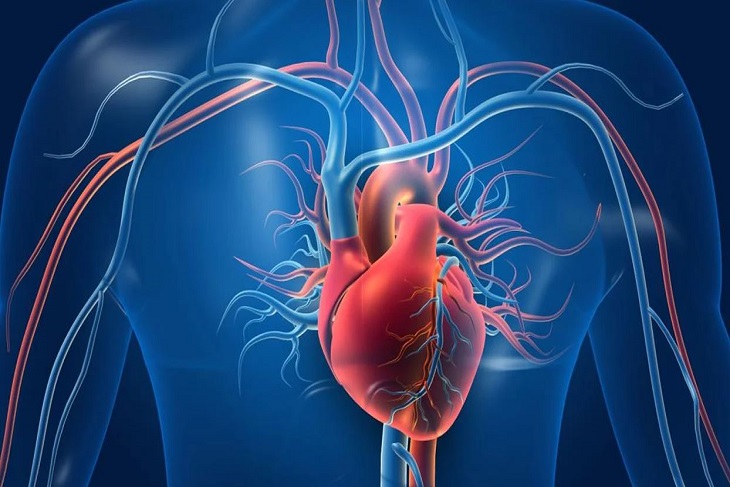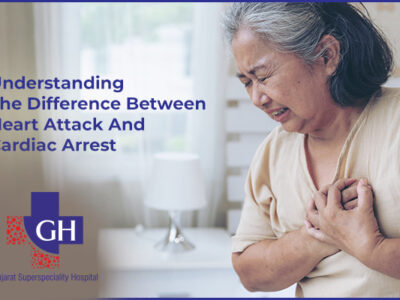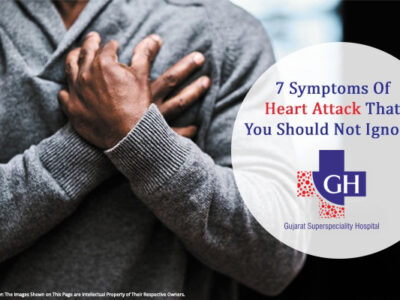Cholesterol is a fatty substance that’s found within the cells of the body. The body needs cholesterol to make hormones, vitamin D, and other substances that help our body digest the food we eat. Cholesterol is also found in external food sources such as meat, cheese, or egg yolk. But having too much cholesterol in your blood can also lead to certain problems like it can combine with other substances in the blood to form plague and that plague can stick to the walls of arteries. This condition can lead to coronary artery disease where the coronary arteries become narrow or sometimes get blocked.
Signs and symptoms of High Cholesterol
High cholesterol doesn’t cause any symptoms until it leads to a medical emergency such as a heart attack or a stroke. These heart disease-related events do not occur until there is a high cholesterol deposition in the walls of arteries in the form of plague.
Though, high cholesterol can be detected in a blood test.
Types of Cholesterol
Cholesterol is mainly divided into two types – High-density lipoprotein and low-density lipoprotein. Lipoproteins are a combination of lipids(fats) and proteins. The lipids need to be attached to the proteins to have moved across the bloodstream. Different types of lipoprotein serve different purposes, such as –
Low-density Lipoprotein (LDL) – It is also known as ‘bad’ cholesterol because high levels of low-density lipoprotein lead to the buildup of plaque in the arteries.
Very Low-density Lipoprotein (VLDL) –Some may refer to it as ‘bad’ cholesterol only because it too contributes to the buildup of plaque but it is different from LDL as it mainly carries triglycerides whereas LDL carries cholesterol.
Risk factors of High Cholesterol
Some of the most common risk factors of high cholesterol are:
Poor diet – Excessive consumption of trans or saturated fat can result in unhealthy cholesterol levels. Trans fat is found in desserts or packaged snacks whereas saturated fats are found in meat and full-fat dairy products.
Obesity – Being obese can put you at risk of high cholesterol.
Lack of exercise – Doing less or no exercise can also put you at risk. Exercise helps in boosting the body’s high-density lipoprotein or good cholesterol.
Smoking – Smoking decreases the levels of good cholesterol or high-density lipoprotein in your body.
Alcohol – Drinking too much alcohol can increase your cholesterol levels.
Age – High cholesterol is much more common in people aged above 40 as by then the liver becomes less able to remove bad cholesterol. This condition can also arise in young children.
Complications of High Cholesterol
Since high cholesterol causes a dangerous accumulation of bad cholesterol on the walls of the arteries. The accumulation results in narrowing the passage which affects the blood flow in the body. This condition can cause various complications such as:
Chest Pain: If the arteries that supply blood are affected then chances are that one may suffer from chest pain or maybe other symptoms of coronary artery disease.
Heart Attack: The accumulation of plaque can cause a blockage in your artery affecting the blood supply resulting in a heart attack
Stroke: Similar to a heart attack, a stroke may occur if a clot affects the blood supply to the brain.
Prevention of High Cholesterol
- Quit smoking
- Do exercise or perform physical activity at least 30 minutes a day.
- Limit the alcohol consumption
- Avoid stressing out over things
- Limit the consumption of full-fat dairy products or animal fat.
- Have a diet that is low in salt.
- Maintain a healthy weight
We at Gujarat Superspeciality Hospital are dedicated to provide our patients with the best of services and quality care. If you or someone you know is experiencing any health issues, consult with our specialists today at Gujarat Superspeciality Hospital from Monday to Saturday between 10 AM to 06 PM.


